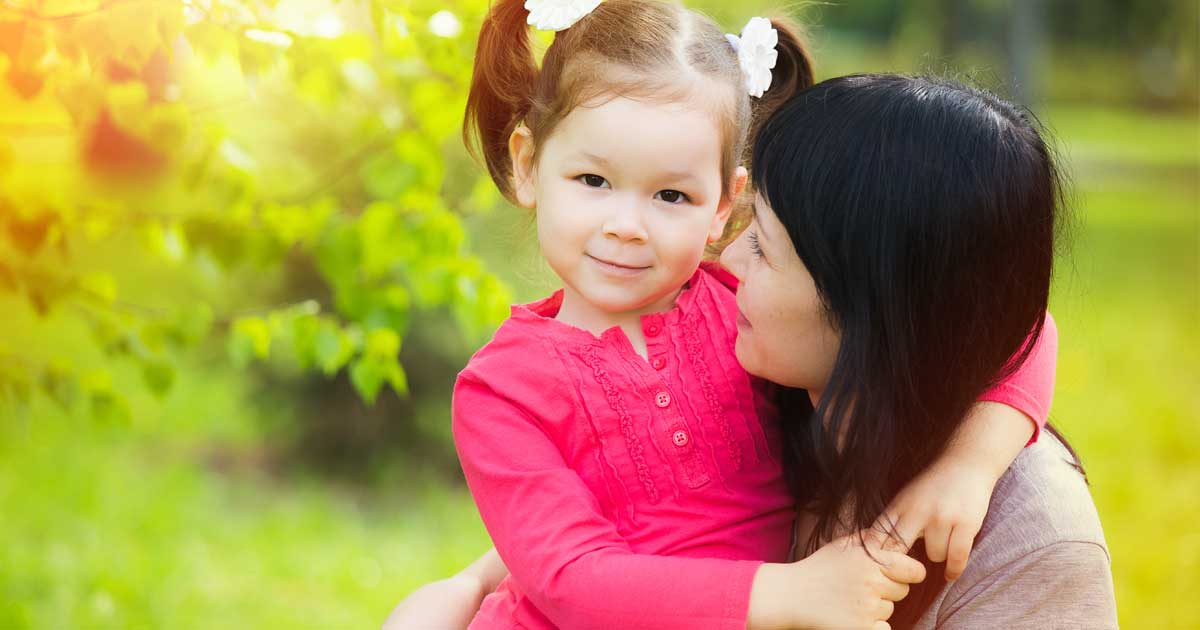Children of divorced parents, regardless of their age, are susceptible to higher levels of anxiety, depression, and psychosomatic symptoms.
Studies show that when parents of teenage kids go through a divorce, it increases the risk of the teen developing behavioural and emotional problems. The high level of mental, social, emotional, and physical changes that occur during the developmental phase make teens more vulnerable to external factors such as the divorce of their parents.
During and after the divorce proceedings, teens may be more likely to act out and display behavioural and emotional issues. They may display increased aggressiveness and irritability while experiencing lower self-esteem. They also face problems at school that range from peer pressure to poor academic performance.
Work with your ex
One of the most difficult tasks a parent has is related to working amicably with their ex-spouse for co-parenting. While this is challenging, working with the ex-spouse is the recommended way to work together to help your teen adjust to the new situation with minimal conflict.
This also requires both parents to take a mature attitude. Whether or not you can involve your ex-spouse in helping your teen, there are some things you can do to minimize your teen’s stress levels:
Avoid talking poorly or badmouthing your ex in front of the teen. Teens need to be loved and to love both parents to adjust and overcome the challenges of parental divorce.
Avoid discussing issues such as visitation difficulties or financial issues with your teen. These issues should be worked out with your ex-spouse.
Do not use the teenager to spy, pass messages, check-up on or report on your ex-spouse. Speak directly, instead, to your ex.
Remember they are not adults yet
Teens from divorced homes may seem more ‘grown up’ than kids from intact families. It can be easy for single parents who are time-starved or stressed to expect their teen to fill in for the missing adult and take up more responsibilities than what they can handle.
For instance, teenage boys cannot take the role of the “man of the house,” nor should teenage girls be forced to care for younger siblings. While they can help with household chores, it can add extra stress if a parent expects them to handle all the responsibilities of an adult.
Read More: The Effect of Divorce on Children – An Age-by-Age Guide
Maintain consistency of routines
Ensure firm limits and consistent routines to give your teens a sense of stability and security. Keep up family traditions such as eating dinners together and enforcing the established curfew.
Read More: Building Closer Bonds with Your Children after Your Divorce
Be honest and listen actively
Your teenager probably is struggling with a cascade of emotions at the time of initiating divorce proceedings, including anger, sadness, depression, and loneliness, that may lead them to ‘act out.’
They also may not fully understand the reasons behind the divorce. Teens vary in their willingness or ability to open up and talk to their parents. Some may talk if they know you are genuinely interested, while others stay silent in order to punish you.
Use age-appropriate terms and be honest while explaining what went wrong but leave out any details that can cause pain or greater confusion in the teen. To whatever degree the teen is willing to talk about their feelings with you regarding the divorce, listen attentively and empathetically while avoiding being judgemental.
The divorce process can be a traumatic event for the children involved as well as for the parents. Seek advice from a specialist team of divorce lawyers committed to understanding your unique circumstances and providing competent guidance to ensure you make the right informed decisions as to the welfare of your child.













